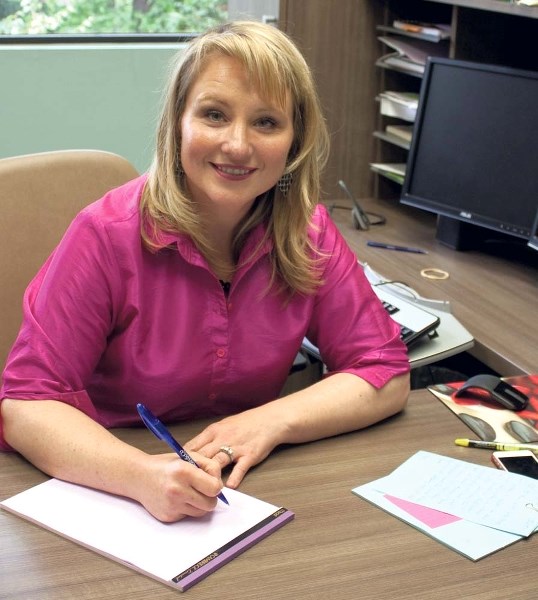You are a young, single, successful woman. Do you need an estate plan? Yes. An estate plan can direct where your assets will go, but more than that it can direct who can make medical and financial decisions on your behalf.
When appointing an executor for your estate Stacy Maurier, a lawyer with Weary and Company, says it’s important to consider someone who can handle the assets and make decisions like what to do with the estate for income tax purposes and when to sell the house.
She says some single women appoint a corporate executor because their parents tend to be older or may be out of the country for part of the year. Many banks offer this service for a fee.
“It’s a lot of work being an executor, and this way, the banks will do it for you,” Maurier says. “And at the end of the day, the beneficiaries just get a cheque.”
As part of an estate plan, a will can include burial instructions, specific bequests and even instructions for genetic material.
Maurier says a lot of women are freezing their eggs for future pregnancy and this should be included in your will.
“If you’ve done that, you want to say what you want done with your genetic material if something does happen to you,” she says. “You might want it destroyed, you might want it donated if they’re eggs, but you want to give clear direction on that.”
When it comes to assets, Maurier sees many single women naming young relatives or charities as beneficiaries.
“Their parents are retired or comfortable and don’t need their money,” Maurier says. “Maybe their siblings have money or don’t need those assets so they’re looking at setting up trusts to give it to their nieces and nephews. A lot of them are giving it to charity because they don’t have children as a legacy.”
Maurier says as part of an estate plan, a personal care directive can relieve pressure for the family. This document identifies who can make medical decisions on your behalf, as well as what your wishes are.
“Without it, individuals can’t just step forward and make those decisions,” Maurier says. “So what a personal care directive would do is say, ‘this is the person I want to make the decisions about whether I’m taken off life support, whether I donate my organs.’”
If you can only afford to do one thing in estate planning, Maurier suggests an enduring power of attorney identifying who can make financial decisions on your behalf. It’s the document most often used by her single clients.
“I see it when they’ve been involved in workplace accidents, car accidents or medical issues where they maybe had a brain aneurysm … And they’re still alive, but they aren’t going to be able to function as they did before,” she says. “You need somebody appointed so they can sell the house to get you into a facility, pay your bills while you’re in the hospital, maybe sell the car or even direct mail.”




